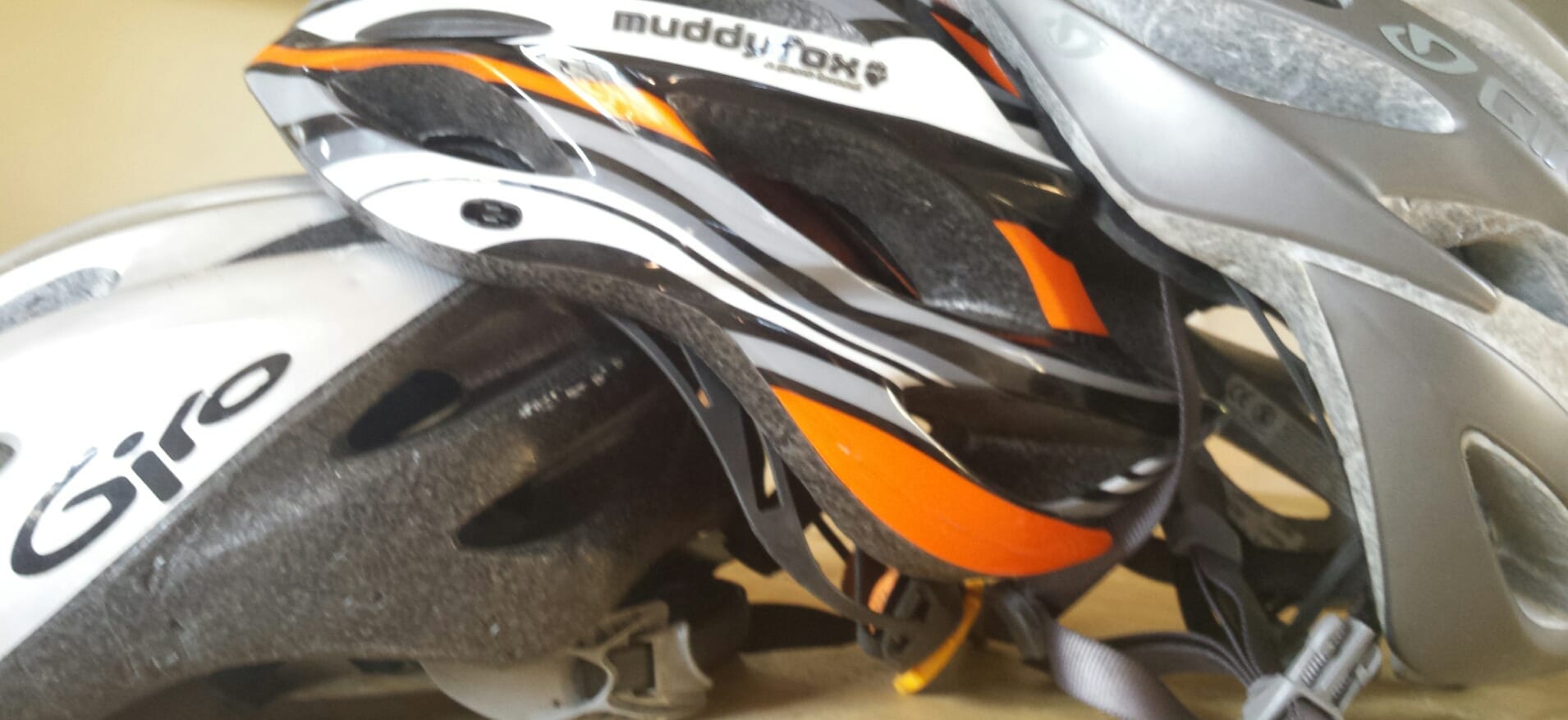To wear, or not to wear [a helmet] that is the question:
Well, it’s not a question that’s ever exercised me much, but it generates blog posts, column inches, and social media comment like few other issues in cycling.
Take last month. road.cc reported that war had broken out after London Ambulance Service Joint Response Unit tweeted that a cyclist had been taken to major trauma centre after colliding with a van (the tweet didn’t say if the cyclist had run into the van or the van into the cyclist). So far, so informative. Then they included #NoHelmet in the tweet. As is common on Twitter, the argument that followed was more pub brawl than war, with people joining in just because there was a fight going on, some of them not even knowing what started it.
One argument went that the cyclist’s injuries would have been less bad, if they had been wearing a helmet. That is quite possibly true, but it ignores that the cyclist’s head wouldn’t have hit the road in the first place if the van wasn’t involved.
The other quickly inferred that the emergency services were in some way blaming the cyclist for the injury they’d sustained. That’s hard to believe, but as others joined in it became impossible to row it back to clarify the reasons for using #NoHelmet in the first place. It’s no surprise that the tweet has disappeared from the originator’s timeline. It’s still available in the road.cc link above.
On the face of it, the case for wearing a helmet seems simple and conclusive: if you come off and hit your head it’ll hurt less, if you’re wearing a helmet. But look into it a little deeper and the case rapidly becomes less certain. Facts about the advantages and disadvantages of wearing a helmet are harder to come by than you might imagine. There are those who want to see a legal requirement for cyclists to wear helmets and those who vehemently oppose that idea, so like any political argument, the pool of developing information is muddied by each side claiming anything that supports their case and rubbishing anything that doesn’t.
In January the Guardian reported the results of a small scientific experiment at the University of Bath that suggested wearing a helmet might make people more comfortable at taking risks. Tenuously the article suggested the research shows helmets makes cyclists more dangerous. And there are reports that cycling helmets designed and tested to withstand impacts that happen in a straight line could exacerbate, rather than protect against the effects of rotational impacts that are the cause of most brain injuries in crash victims.
Pro cyclists wear helmets for races. It’s the rules. They ride fast and hit the road hard, if they come off. Someone must have studied the evidence and decided helmets were safer than not.  Most of the amateur cyclists I see on the roads around the Dales wear helmets and some of them get really pious when they see another cyclist without one. Those that are brave enough to raise the issue often get equally evangelical responses.
Olympic Champion and British Cycling Ambassador Chris Boardman was harshly criticised for not wearing a helmet in a piece about improving cycle safety on BBC Breakfast back in 2014. He eloquently summarised the arguments in this video saying cycling should also be for normal people in normal clothes and putting on a helmet discourages them. I can see that. There are different types of cycling for different reasons and so the appropriate equipment to use is going to differ too.
It seems to me it’s an argument we shouldn’t be having. Wearing a helmet is a non-issue for the cyclist smeared under a Heavy Goods Vehicle at a busy junction. It’s a non-issue for the cyclists wiped out by inattentive drivers on rural roads. The science seems inconclusive and there is no UK law requiring people to wear a helmet when cycling on public highways. So I find myself agreeing with Boardman: there are more important issues to address if we’re going to encourage more cycling and improve safety.
To wear, or not to wear, that is a personal choice.
And while it is we can expect the arguments to rage.
What, me? Oh, OK. Thought I’d got away with that for a second there. If I’m wearing my cycling shoes, I’m wearing my lid.

